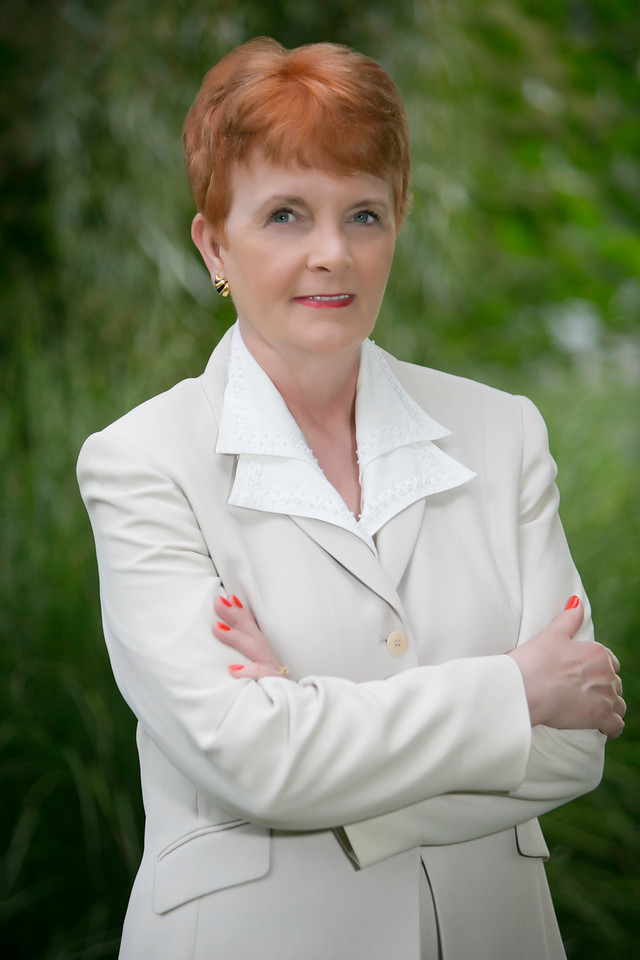Habits – Routines – Rituals
We live in a wacky, wonky world, and healthy, positive habits can mean the difference between order and chaos, ease and burden, or success and failure.
Nathaniel Emmons, American Theologian, once said, “Habit is either the best of servants or the worst of masters.” A major working habit of mine was to work hard, do everything, and don’t stop until I dropped. When you try to do everything, you can’t excel. Quality can suffer over time. Not to mention, my health took a toll. For me, this habit was the worst of masters. When it was almost too late (I fell asleep behind the wheel of my car on the highway in rush hour), my life and work monumentally shifted when I made life and work altering changes.
So, even knowing we need to make changes or there could be dire consequences, we often keep doing what we always do. Why?
It all starts with the brain.
Thinking takes lots of energy. The executive function, located in the very front of the brain, is evolved to facilitate decision making and other cognitive abilities. Without it, we would not be able to coordinate or monitor those abilities or behavior, but it does need a ton of firepower.
Over eons, the brain became extraordinarily efficient. It develops repetitive behavior habits to conserve energy, creating deep neural pathways it can call upon when needed. Whatever you call them—habits, processes, routines, or rituals—they can be so ingrained in our brain, they are automatic. We don’t even think about it; we do it. Consider getting ready in the morning or swimming or riding a bicycle as examples.
Getting ready in the morning becomes a snap, no thinking involved because we are now on cruise control while dealing with more significant issues like what we need to do to complete that project due this afternoon. Habits make life and work easier (we hope)—efficient, yes, useful—maybe, maybe not.
The brain does not know when a habit is good for us or unhealthy or can get in the way of our success. It just thinks that if we continue to do something, it must be something important, so it creates those connections, and voila, we have ourselves a habit!
A New Habit Can Be Daunting – It’s Change
When habits take away energy, lowers productivity, or becomes an obstacle, it becomes quite challenging to change them since they have become, well, habitual.
A former client was so frustrated because he could not get essential tasks done. There were so many things needing his attention; they were distracting him from getting anything done! We used the following process to focus on what he wanted to complete and reduce or eliminate distractions by creating new work and personal habits.
1. What Tasks Are Not Getting Done?
List outstanding tasks. My client made a list of work and personal tasks that he needed to complete. Undone tasks can be energy drains.
Give each item on your list a priority number—no two things having the same number. The brain loves putting everything in sequence. Can whatever falls to the bottom be eliminated? Will you ever complete them? If not, removing them is energizing.
2. Be clear on what it is you want to accomplish.
This list can further refine what you want to accomplish. What would taking care of the top three priority items do for you? To complete them, you may need time you feel you cannot free up because of all the stuff you have to do. So, what will it take to free time on your calendar? What needs to change? Do you have the habit of saying yes to everything, for example? Perhaps, you attend every invited meeting, rather than the ones you need to attend to achieve your goals.
Our behaviors become locked in as habits, and we do the same actions repeatedly and then wonder retrospectively how did I allow that to happen?
3. What is one habit you want to change?
It is easier to change one habit or behavior than to try to change many. It is too overwhelming.
4. Ask yourself how committed are you to changing that habit.
Rate the habit you want to change on a scale of 1 to 10, one being least committed to ten being thoroughly committed! Pick a practice you would commit to that is seven or higher. If your commitment scale registers lower than seven, you probably won’t follow through with the change.
5. Decide on what steps you need to take to change that habit.
Determine in what order you need to do them.
6. Schedule those steps into your calendar.
Schedule and protect time in your calendar to focus on those items you want to complete. Remember, commitments to yourself are as crucial as commitments to others.
7. Habits don’t change overnight.
To overlay old habits, you need to repeat these new actions at least 30 times. Put stickies on your desk, bathroom mirror, car dashboard. Anywhere they’re required to remind yourself of the new habits you are creating. It is a conscious effort before it can become an unconscious habit.
8. Don’t feel guilty if you lapse.
Old habits don’t want to be left behind. If you have a lapse, forgive yourself and begin again.
I can attest to all of the above!



0 Comments